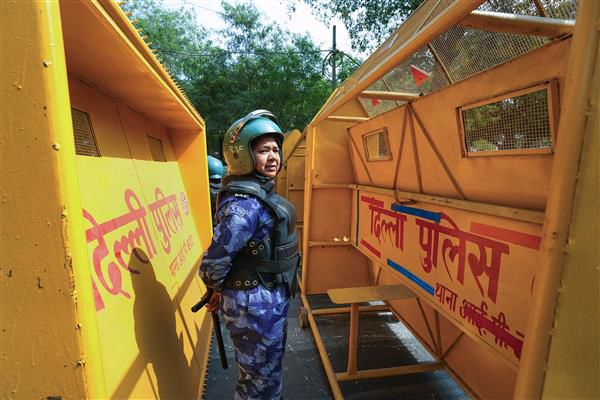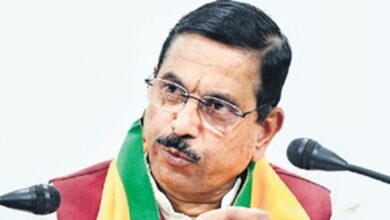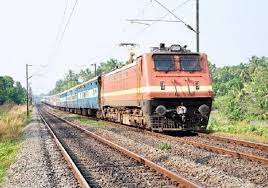Why Arvind Kejriwal could be here to stay and the political ramifications
That’s right, Arvind Kejriwal, the chief minister of Delhi, was detained. Under the Prevention of Money Laundering Act, 2002, the Enforcement Directorate (ED) detained Kejriwal on Thursday in connection with a money-laundering case involving a liquor fraud.

Kejriwal had disregarded all eight of the agency’s summonses.
Even though Kejriwal is not the first chief minister to have been imprisoned, the repercussions might be extensive, particularly given the impending Lok Sabha elections. But it can only happen if the AAP and BJP, two important actors, play their cards well.
In September 2014, after being found guilty in a case involving disproportionate assets, J Jayalalithaa, the chief minister of Tamil Nadu, became the first sitting chief minister to be arrested. Then, in February of this year, hours after he had resigned from his post, ED detained Jharkhand Chief Minister Hemant Soren.
Former chief ministers Lalu Prasad of Bihar, Chandrababu Naidu of Andhra Pradesh, Om Prakash Chautala of Haryana, and Madhu Koda of Jharkhand are among those who find themselves in this predicament.
Will elections be impacted by it?
The arrest of “someone of the stature of Kejriwal but it is a chance that the ruling party is willing to take in Prime Minister Narendra Modi’s fight against corruption,” according to sources, who also state that those in power—that is, the BJP and its senior leadership—are “well aware of the implications.”
Following BRS leader K Kavitha, former Delhi Deputy Chief Minister Manish Sisodia, and AAP Rajya Sabha member Sanjay Singh, Kejriwal continues to be the most prominent figure to be detained in the alleged fraud.
Legally speaking, Kejriwal is exempt from leaving his position; this is a moral choice made by a sitting chief minister. However, Kejriwal’s next step might be seen in two ways: either to win over the AAP or to score another point against the BJP for its corruption of high office holders.
The Congress and other opposition parties have denounced the government for the CM’s detention, calling it a “death of democracy” and “unconstitutional.” However, is it really possible to ignore the remarks made by its leaders about the matter when the AAP was neither an ally nor a friend?
PMLA and the Enforcement Directorate
PM Modi and his administration have been under fire from opposition parties for allegedly utilizing the Central Investigative Agency improperly to frighten and attack them.
In actuality, the PMLA was implemented by the NDA government in 2002, and under the UPA administration, it underwent strict revisions.
In compliance with India’s international obligations to prevent money-laundering, the legislation gives the ED the authority to investigate individuals, carry out searches and raids, and even make arrests of citizens.
The Criminal mechanism Code, which governs ordinary criminal procedures in India, is not followed by the law; instead, it has its own mechanism for investigating such matters. They further state that in contrast to the well-established criminal law doctrine of innocence until proved guilty, the accused individual has the burden of proving his innocence under the Act.
In addition, the Act makes it very difficult to get bail.
The PMLA includes stringent bail requirements, which makes it difficult for the accused. The Act does not provide for anticipatory bail and all offenses are cognizable without the need for bail.
In general, those who are detained under the PMLA have to demonstrate in court that the accusations against them are unfounded, which may be a challenging undertaking. Manish Sisodia, the leader of the AAP, could have done this in part. Sanjay Singh and Satyendar Jain are currently serving lengthy prison sentences.







